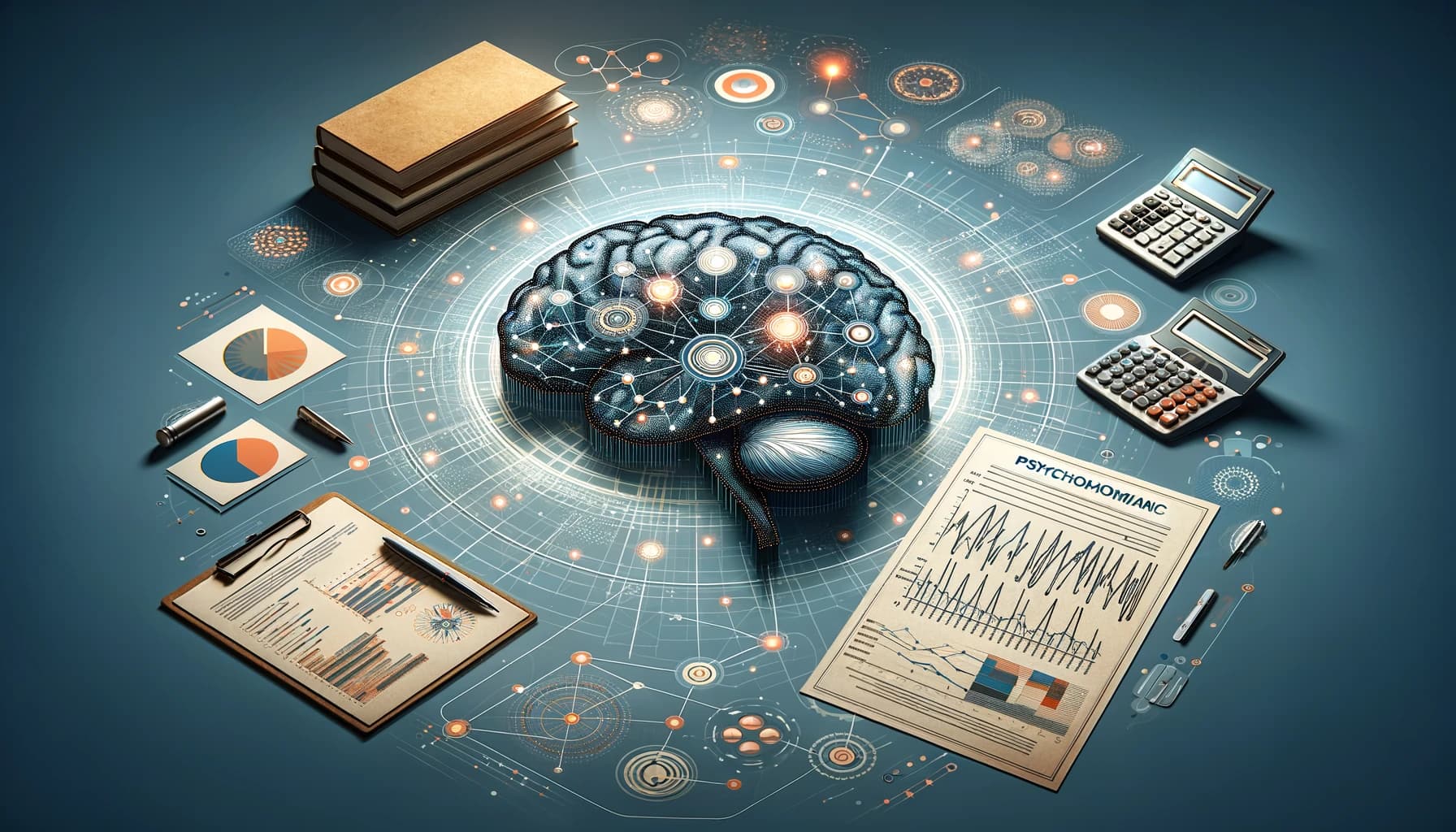The Myers-Briggs Type Indicator (MBTI) and the Enneagram are two of the most popular personality assessment tools used to understand human behavior and personality. While MBTI focuses on cognitive functions and how people perceive and interact with the world, the Enneagram delves into core motivations, fears, and desires that drive behavior. Despite their different approaches, these two systems can complement each other, providing a more comprehensive understanding of personality.
Understanding the MBTI and Enneagram
MBTI Overview
The MBTI categorizes individuals into 16 personality types based on four dichotomies:
- Introversion (I) vs. Extroversion (E)
- Sensing (S) vs. Intuition (N)
- Thinking (T) vs. Feeling (F)
- Judging (J) vs. Perceiving (P)
Each combination of these preferences results in a unique personality type, such as ENFJ, which stands for Extroverted, Intuitive, Feeling, and Judging.
Enneagram Overview
The Enneagram describes nine distinct personality types, each driven by a core motivation and fear:
- Type 1: The Reformer
- Type 2: The Helper
- Type 3: The Achiever
- Type 4: The Individualist
- Type 5: The Investigator
- Type 6: The Loyalist
- Type 7: The Enthusiast
- Type 8: The Challenger
- Type 9: The Peacemaker
Each type has a unique way of viewing the world and interacting with others, influenced by their core desires and fears.
How MBTI and Enneagram Complement Each Other
Cognitive Functions and Core Motivations
While MBTI focuses on cognitive functions—how people take in information and make decisions—the Enneagram addresses why people behave the way they do based on their core motivations and fears. This complementary perspective allows for a deeper understanding of personality.
Behavioral Patterns and Emotional Responses
MBTI can help identify behavioral patterns and preferences in various situations, while the Enneagram provides insight into emotional responses and underlying drives. Together, they offer a holistic view of an individual's behavior and emotional landscape.
Personal Growth and Development
By combining MBTI and Enneagram insights, individuals can work on both their cognitive and emotional development. This integrated approach can lead to more effective personal growth strategies, helping individuals leverage their strengths and address their weaknesses more comprehensively.
